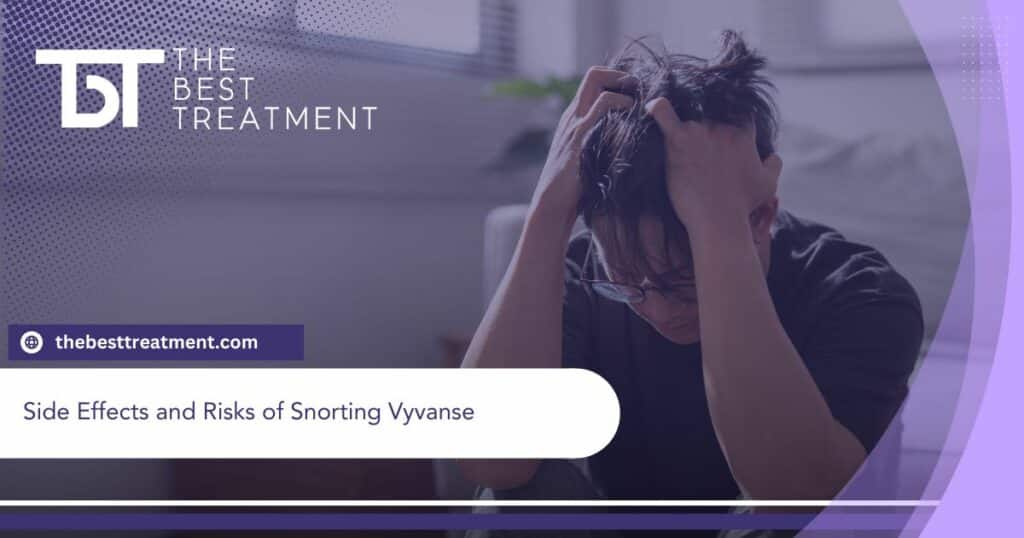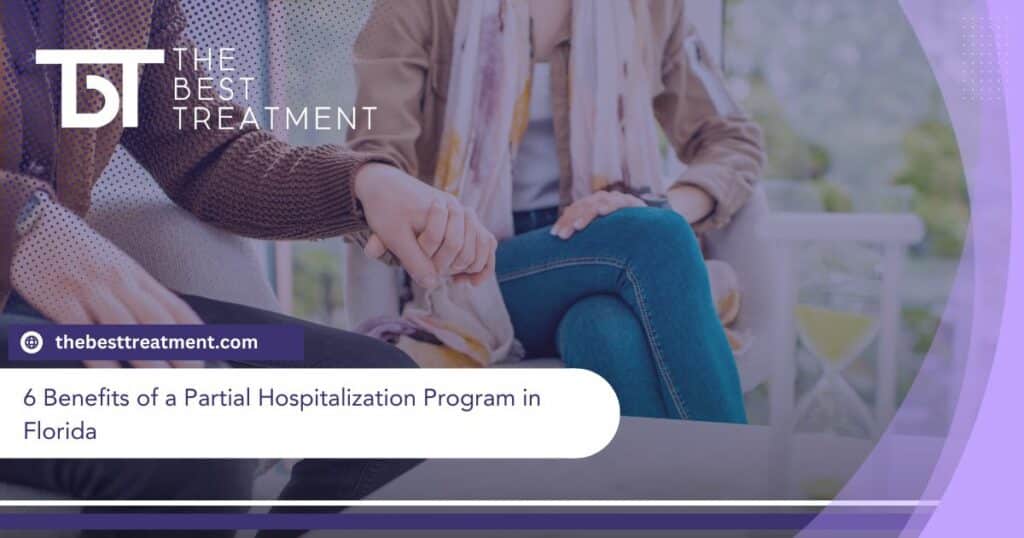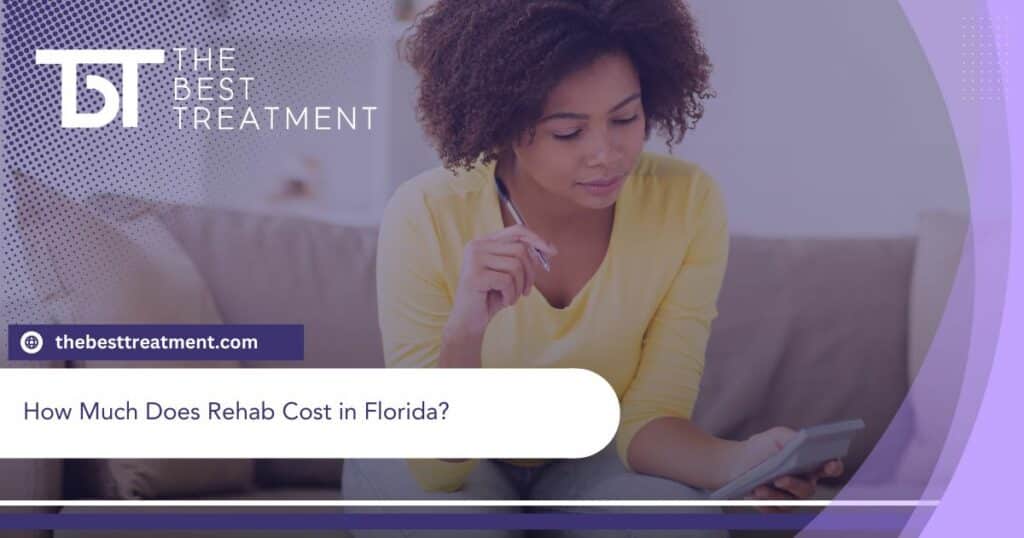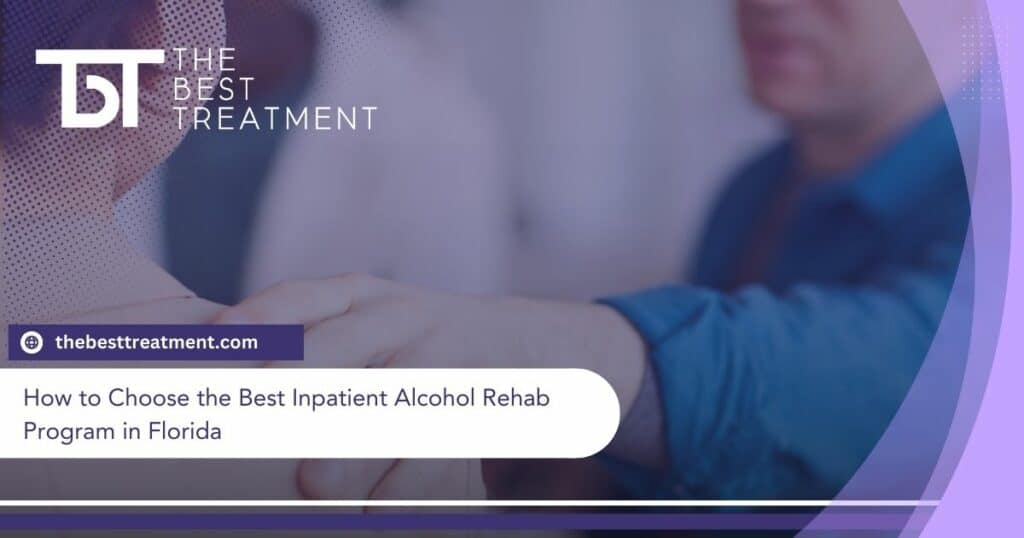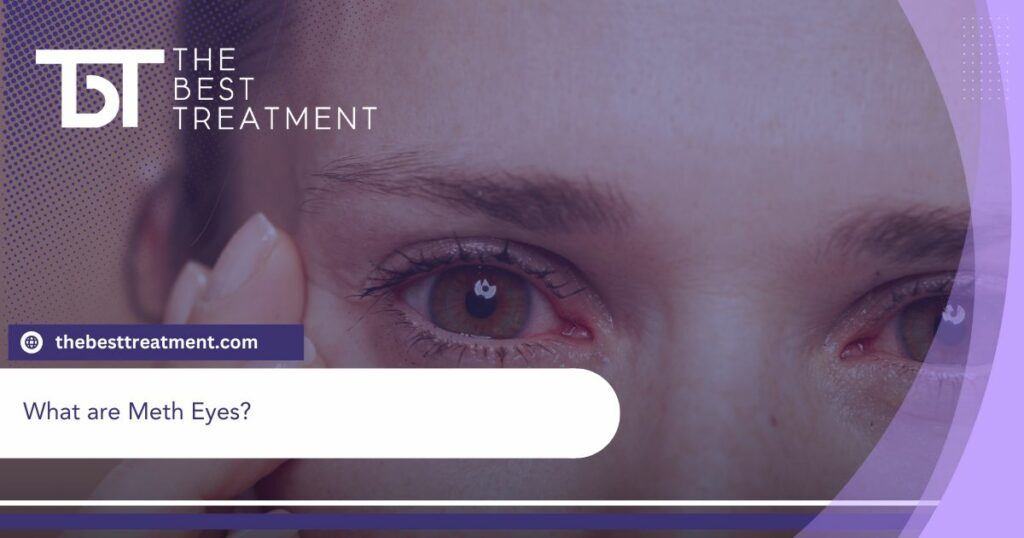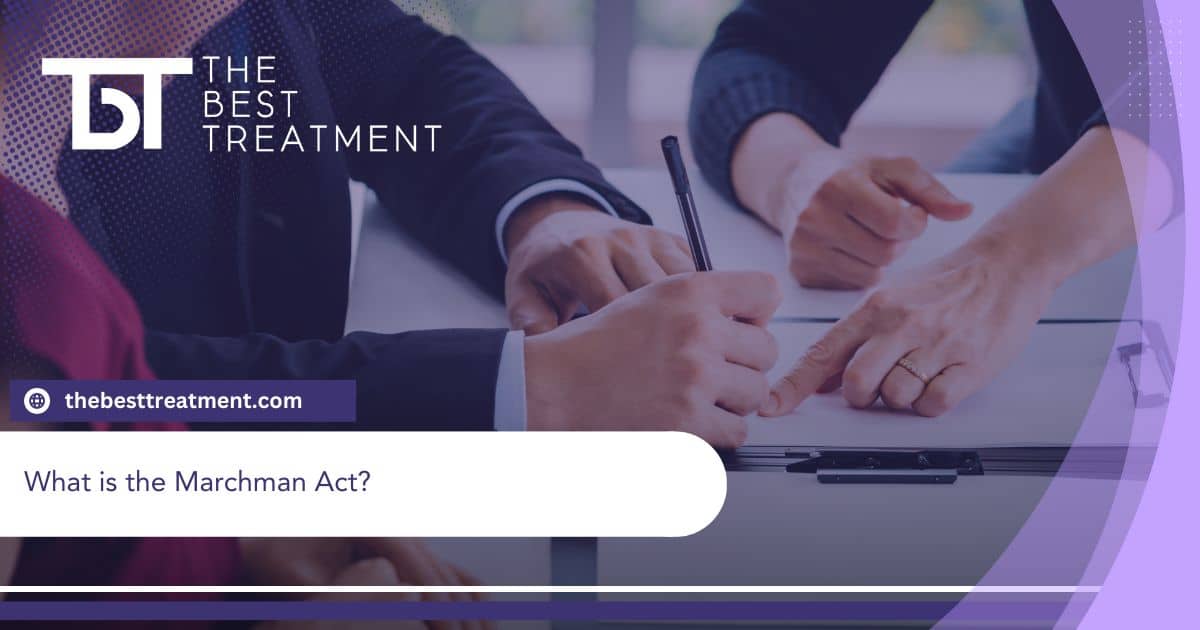Table of Contents
Addiction is a pervasive and challenging problem, affecting millions of individuals and families across the United States. In response to this crisis, many states have implemented laws to address substance abuse issues more effectively, including laws that allow loved ones to force friends or family members into rehab if they refuse treatment and are at risk. One law that is specific to the state of Florida is known as the Marchman Act.
If your loved one is struggling with addiction, meets all legal criteria, and is living within the state of Florida, you may be able to use the Marchman Act to involuntarily commit them to an addiction treatment program.
Exploring The Origins of the Marchman Act
The Marchman Act, officially known as the Hal S. Marchman Alcohol and Other Drug Services Act of Florida, was named after Hal S. Marchman, a former state legislator from Florida who was passionate about the rights of people who struggle with substance use disorder. This legislation was established to provide a legal framework for the involuntary assessment and stabilization of individuals with substance abuse issues in Florida.
The Marchman Act recognizes that some individuals with severe addiction may be unable or unwilling to seek help on their own and might pose a danger to themselves or others. The Marchman Act allows for the intervention and treatment of these individuals, ensuring that they receive the care they need before a crisis occurs. Although sometimes controversial, the Marchman Act can save lives.
Involuntary Assessment and Stabilization of Those with Addictions Under the Marchman Act
The process of committing someone to rehab using the Marchman Act is typically initiated by a concerned family member, friend, or guardian, but it can also be initiated by a medical professional, law enforcement officer, or a formal court order.
The involuntary assessment and stabilization process typically involves the following steps:
- A petition is filed with the court, providing evidence of the individual’s substance abuse problem and the need for intervention.
- If the court approves the petition, the individual is taken into custody for an assessment to determine the appropriate level of care for their situation.
- The assessment may lead to the individual’s placement in a treatment facility, either on an inpatient or outpatient basis.
- The Act prioritizes assessment and treatment over punitive measures, focusing on the individual’s well-being and recovery rather than punishment.
Petitioning the Court for Involuntary Commitment
Petitioning the court under the Marchman Act is a serious matter that should only be pursued when there is clear evidence of a severe substance abuse problem that poses a risk to either the individual struggling with addiction or others around him/her. The person filing the petition must provide a compelling and factual case to the judge, including specific details about the individual’s behavior and history of substance abuse.
It’s important to note that the court process is meant to be a last resort when all other attempts to get the individual into treatment have failed. The Marchman Act is not intended for casual use or as a punitive measure. Instead, individuals are encouraged to try confronting their loved ones or staging an intervention before taking legal action.
Assessment and Treatment Under the Marchman Act
If the court approves the petition, the individual is promptly assessed to determine the appropriate level of care. This assessment may include a comprehensive medical examination, a psychiatric evaluation, and a substance abuse evaluation. Based on the results of the assessment, the individual may be placed in a treatment facility.
The Marchman Act encourages the least restrictive form of treatment that is deemed appropriate for the individual’s needs. As a result, treatment could involve inpatient treatment, outpatient treatment, or a combination of both depending on the individual.
Legal Protections for Those Committed Under the Marchman Act
The Marchman Act also outlines legal protections to ensure that an individual’s rights are upheld during the involuntary commitment process. These protections are designed to balance the need for intervention with the individual’s civil liberties and rights under the Constitution.
Rights provided to those who are facing commitment under the Marchman Act include:
- The right to legal representation.
- Time limits are imposed for assessments and hearings to prevent unnecessary delays.
- The court must consider the least restrictive treatment option that is appropriate for the individual.
- The involvement of family and support systems in the treatment process is highly encouraged.
- Confidentiality is guaranteed. Information related to the assessment and treatment processes is protected by law and cannot be disclosed without the individual’s consent.
Controversy and Challenges
The Marchman Act has been a powerful force behind helping many individuals in Florida access the treatment they need to overcome substance abuse and addiction issues. Families and loved ones who have exhausted all other options often turn to it as a last resort to save a person’s life after their own efforts to help their loved ones have failed.
However, the Marchman Act is not without its challenges. The process can be emotionally taxing for everyone who is involved, and it may not always lead to a successful outcome. Some individuals may relapse after treatment, highlighting the chronic and relapsing nature of addiction.
Additionally, the Act’s effectiveness may vary depending on the availability and quality of treatment facilities and resources in a given area as well as the individual’s willingness to take advantage of treatment by participating in therapy sessions and following through with an aftercare plan.
Get Help for a Loved One Today
You don’t always have to resort to extreme measures like the Marchman Act to get a loved one to go to rehab. Sometimes, all it takes to change their mind is to get them on the phone with an addiction specialist. At The Best Treatment, our talented admissions team can talk to your loved one, assess their situation, discuss their concerns, and outline a path toward recovery. A short phone call can make all the difference.
Don’t wait any longer. Call now to speak with one of our team members.
Medically Reviewed: September 25, 2019

All of the information on this page has been reviewed and verified by a certified addiction professional.





